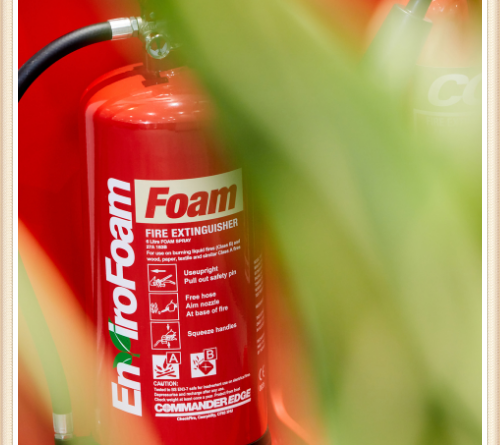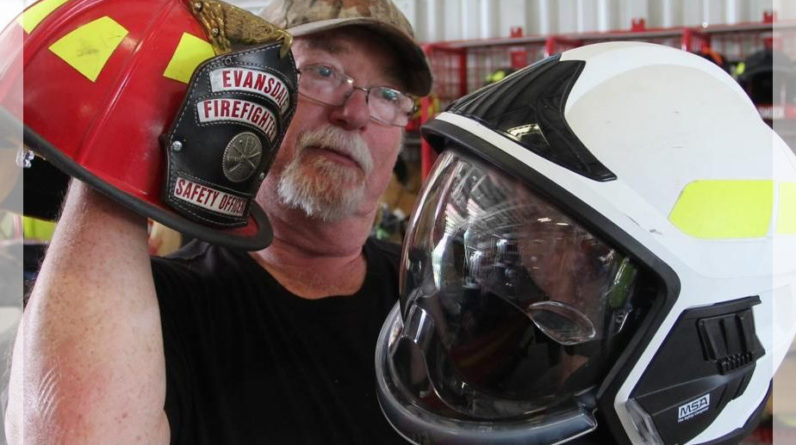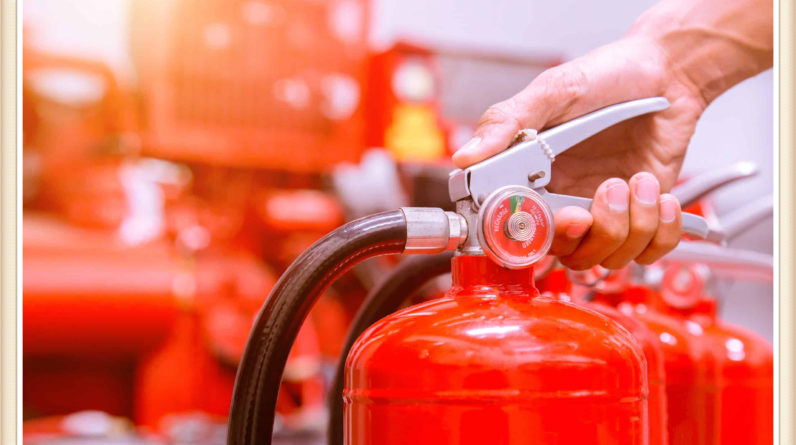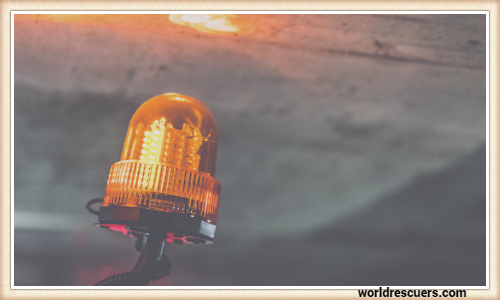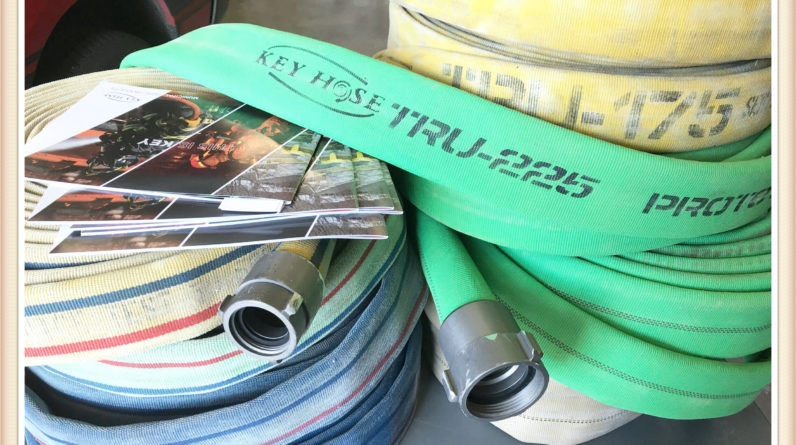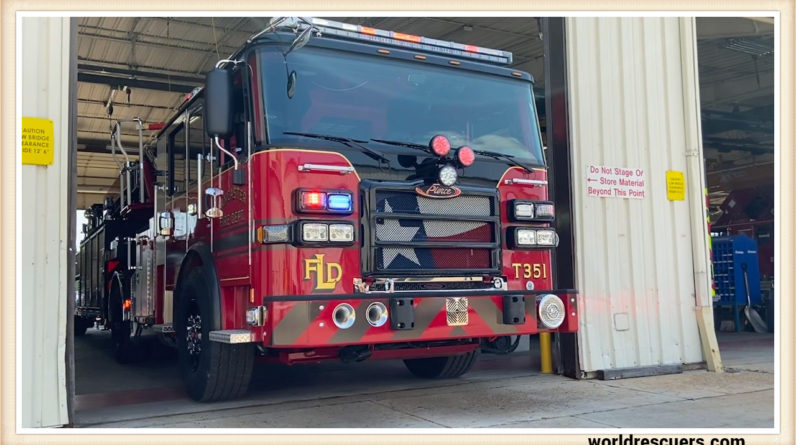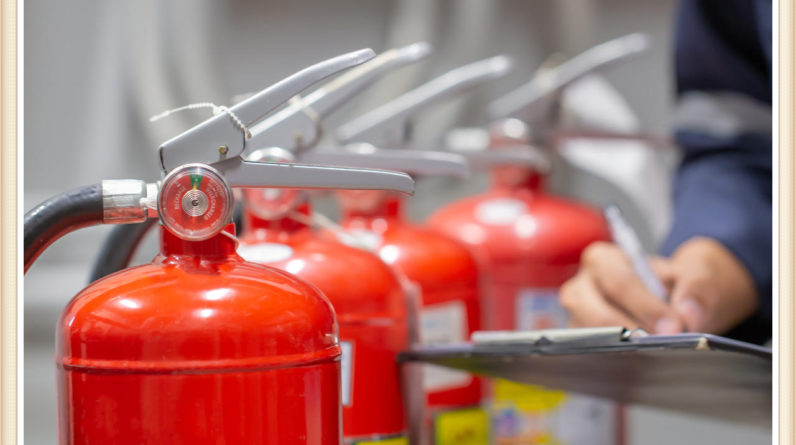
Summary
Fire safety is paramount in any environment, whether it’s a home, office, or industrial setting. One of the fundamental tools for ensuring fire safety is a fire extinguisher. These devices play a crucial role in preventing the spread of flames and minimizing potential damages. In this comprehensive guide, we will explore the best places to buy fire extinguishers, considerations for making the right purchase, and important factors such as fire extinguisher types and prices.
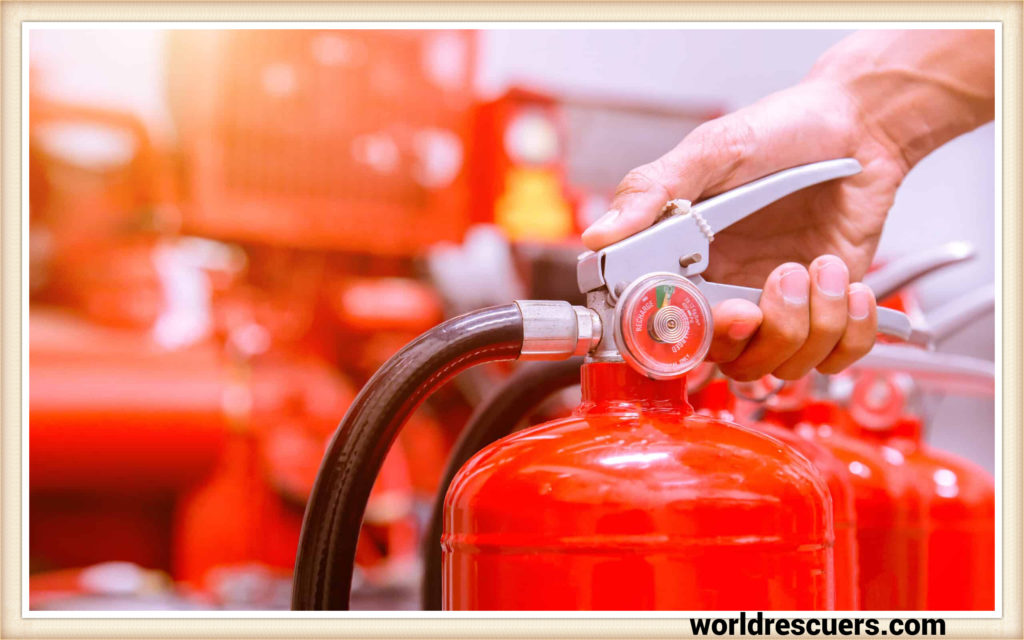
A fire extinguisher is a specialized firefighting device designed to control, suppress, or extinguish small fires. It is a vital tool that plays a crucial role in fire safety by providing individuals with the means to intervene during the early stages of a fire outbreak, preventing it from escalating into a more significant and potentially dangerous blaze.
The Anatomy of a Fire Extinguisher
Fire extinguishers consist of several key components that work together to effectively combat fires:
- Pressure Cylinder: This is the main body of the extinguisher, typically constructed from durable materials like steel or aluminum. It houses the extinguishing agent and pressurized gas or propellant.
- Nozzle or Discharge Hose: The nozzle or hose is the outlet through which the extinguishing agent is expelled. Its design facilitates accurate aiming and controlled dispersion of the agent.
- Extinguishing Agent: The extinguishing agent is the substance that suppresses or extinguishes the fire. Different types of extinguishers use various agents, such as water, foam, dry chemical, carbon dioxide (CO2), and more.
- Pressure Gauge: Many extinguishers feature a pressure gauge that indicates the pressure level of the propellant gas. This gauge helps users ensure that the extinguisher is properly pressurized and ready for use.
- Safety Pin and Tamper Seal: These safety features prevent accidental discharge of the extinguishing agent and indicate if the extinguisher has been tampered with.
How Fire Extinguishers Work
Fire extinguishers work based on the principle of removing one or more elements of the fire triangle: heat, fuel, and oxygen. Different types of extinguishers are designed to target specific fire classes:
- Class A: Extinguishers for ordinary combustibles like wood, paper, and cloth.
- Class B: Extinguishers for flammable liquids and gases.
- Class C: Extinguishers for electrical fires.
- Class D: Extinguishers for flammable metals.
- Class K: Extinguishers for kitchen fires involving cooking oils and fats.
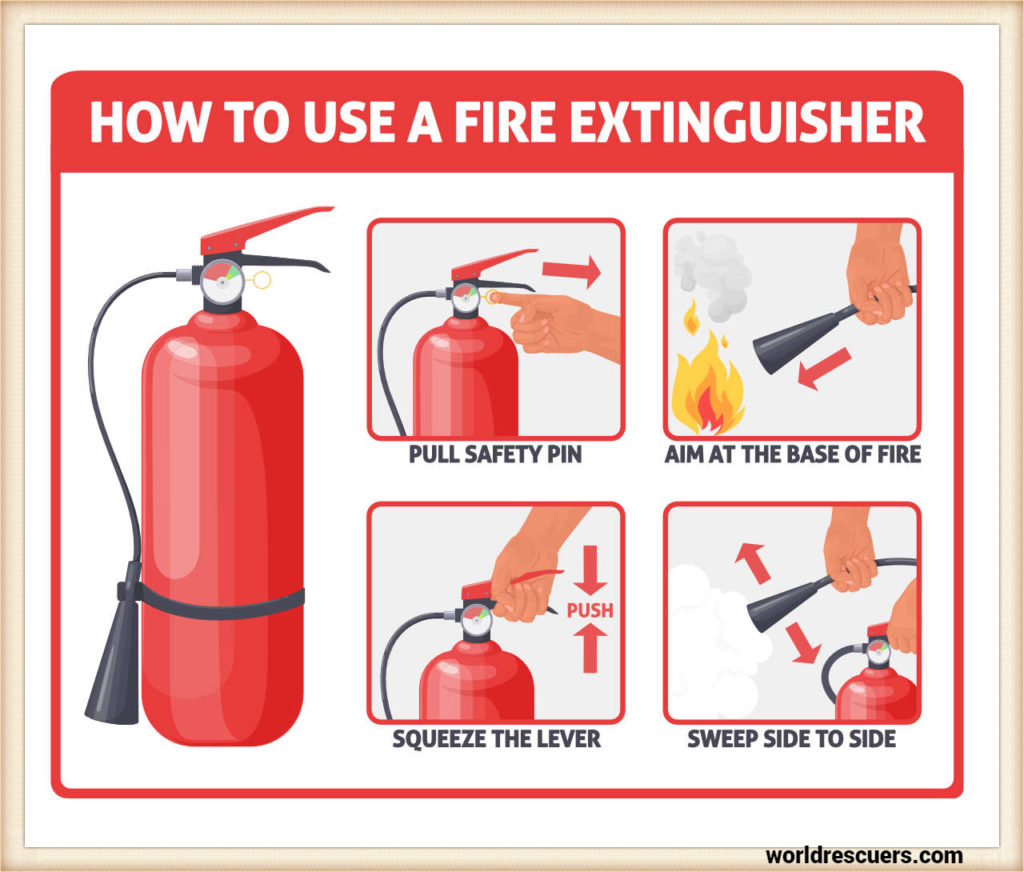
When a fire extinguisher is activated, the pressurized agent is expelled through the nozzle or hose onto the fire. The agent disrupts the chemical reactions occurring in the fire, effectively extinguishing it.
Importance of Proper Training
While fire extinguishers are valuable tools, using them effectively requires proper training. Individuals should be familiar with the type of extinguisher they have, understand its usage instructions, and know when it’s appropriate to attempt firefighting. When faced with a fire, safety should always be the top priority, and individuals should never put themselves at risk.
Where to Buy Fire Extinguishers
Several options are available when it comes to purchasing fire extinguishers:
Local Hardware Stores
Local hardware stores often stock a variety of fire extinguishers. You can visit these stores to physically inspect the options, ask questions, and seek advice from experts.
Home Improvement Centers
Home improvement centers are another great option. They typically offer a wide range of fire safety equipment, including extinguishers that cater to various fire classes.
Online Retailers
The convenience of online shopping extends to fire safety equipment. Numerous online retailers specialize in selling fire extinguishers, providing detailed product descriptions and customer reviews.
Specialty Fire Equipment Shops
Specialty fire equipment shops focus exclusively on fire safety products. These stores offer a comprehensive selection of extinguishers, along with expert guidance on choosing the right one.
Considerations Before Buying
Several factors should be considered before making a fire extinguisher purchase:
Size and Weight
The size and weight of the extinguisher matter, especially if you need to move it around frequently. Ensure it’s manageable for your needs.
Extinguisher Ratings
Extinguishers come with ratings indicating their effectiveness against different fire types. Understanding these ratings helps you select the appropriate extinguisher.
Ease of Use
In an emergency, ease of use is crucial. Opt for extinguishers with clear instructions and user-friendly features.
Maintenance Requirements
Regular maintenance is essential for keeping your extinguisher in top condition. Be aware of maintenance schedules and procedures.
Comparing Prices
The cost of fire extinguishers can vary based on several factors:
Factors Influencing Cost
Factors like size, type, and brand influence the price of fire extinguishers.
Average Price Ranges
On average, fire extinguishers can range from $20 to $150 or more, depending on the specifications.
Buying Fire Extinguishers Online
Online purchasing offers convenience, but it’s essential to consider safety regulations:
Advantages and Disadvantages
Online shopping provides a wide selection and doorstep delivery, but you may miss the chance to physically examine the product.
Safety Regulations to Consider
Ensure the online retailer follows safety regulations and standards for selling fire safety equipment.
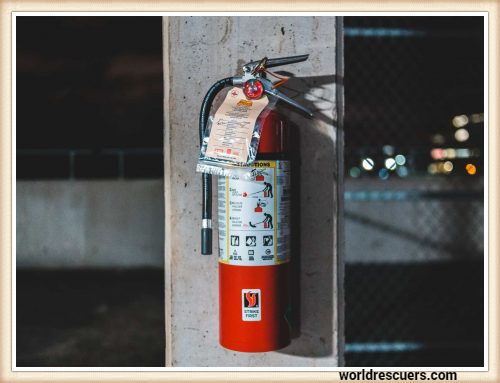
Top Brands for Fire Extinguishers
Several reputable brands offer high-quality fire extinguishers:
Kidde
Kidde is known for its reliable and diverse range of fire safety products.
Amerex
Amerex produces robust extinguishers suitable for various settings.
First Alert
First Alert offers user-friendly extinguishers with clear instructions.
Badger
Badger provides durable and effective fire-extinguishing solutions.
Fire Extinguisher Installation and Maintenance
Proper installation and maintenance ensure your extinguisher functions when needed:
Proper Placement
Install extinguishers in accessible locations, such as kitchens, workshops, and hallways.
Inspection and Servicing
Regularly inspect and service extinguishers to guarantee they’re operational.
FAQs
Can I just buy a fire extinguisher?
The answer is a resounding yes! Purchasing a fire extinguisher is a straightforward and responsible step towards enhancing your fire safety preparedness. Whether you’re a homeowner, business owner, or simply concerned about fire safety in your surroundings, acquiring a fire extinguisher is a commendable decision that can potentially save lives and protect property.
How much does 1 fire extinguisher cost?
The cost of a fire extinguisher can vary depending on several factors, including the type of extinguisher, its size, and the brand.
What type of fire extinguisher is best for home use?
Selecting the right fire extinguisher for home use is a crucial step in enhancing fire safety within your living space. While we hope to never encounter a fire emergency, being prepared with the appropriate type of extinguisher can make all the difference. In this guide, we’ll explore the best fire extinguisher for residential use, considering the unique fire risks that homes may face.
- Class A: Ordinary combustibles like wood, paper, cloth, and plastics.
- Class B: Flammable liquids such as gasoline, oil, and grease.
- Class C: Electrical fires, including those involving appliances and wiring.
How do I know which Fire extinguisher to buy?
Selecting the appropriate fire extinguisher is a crucial decision that can significantly impact your ability to respond effectively to a fire emergency. Various fire extinguisher types are available, each designed to combat specific fire classes.
Highly trained Assistant Fire Chief dedicated to public safety and awareness for the past 16 years. Effective leader who remains steady during times of emergency, while directing and motivating team members throughout crises.

